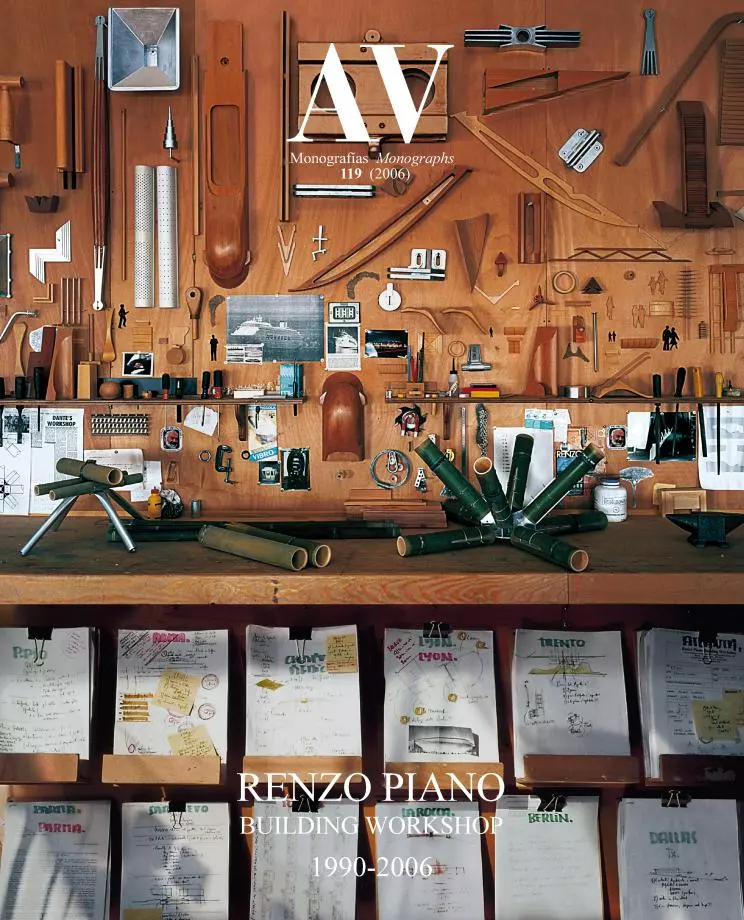
Kenneth Frampton: Recently, I gave a talk at Yale in which I expressed a certain skepticism about parametric design when it’s used to generate a form, as opposed to digital processing when it’s employed to evolve an overall project. I wonder if you would like to comment on this issue.
Renzo Piano: It’s funny, because when I look to computers sometimes, I feel like they are like pianos – you might play badly, but they play beautifully. So even if you are wrong, they can make things right. Or it’s like when you write a letter and the machine makes corrections. It’s a similar situation: You might be a bad architect but the computer makes you seem like a good architect. But when you write, even with mistakes, it is you. With the computer you put things in and push a button and everything comes out perfectly straight or round or what-ever you want. It’s terrible because it takes away what I call the struggle of architecture. To make a good novel, or painting, or sculpture, or piece of architecture, struggle is inevitable. You have to accept that kind of suffering, you have to accept that uncertainty. Of course, I love what computers make possible – they speed things up, you can explore geometry more easily, and architecture can be-come even more crafted. Instead of making a couple of tests, you make 2,000 tests... [+]





